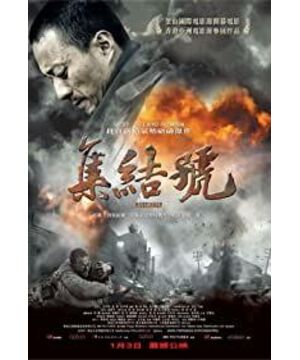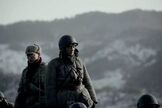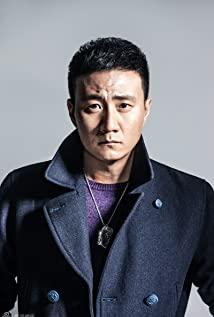The name
Gu Zidi actually has no name. His name was not given by his parents.
But the dead warriors have also become souls without names, only "nameless". When I saw the wooden tombs, I thought of the opening sequence of saving private ryan, the snow-white tombs with carefully engraved texts.
But there are only a few rough nameless ones here.
Those of us soldiers don't rest their eyes when they die. Compared with other American soldiers, they are even lower than others in death, and they will be given the title of missing. The problems of these names should all be problems that can be done well, but we felt that this was a subsection and did not do well. It has always been publicity and silent dedication. If you want to be Lei Feng, you can't be famous. The famous one must be Lei Feng who is promoted by the organization.
The name is flesh and blood, and it holds many memories together. Like Anonymous in planescape:torment, without a name there is no memory. For those politicians, it's a good thing that fighters don't have names, because there's no need to promote them, save some money and make yourself a heartthrob in '66.
Rally is a film about finding a name.
I don’t watch many domestic
and domestic war films, because I have been promoted by political textbooks since I was a child, and because I read Wang Xiaobo’s comments on “Love in Lushan”, I am even less interested in domestic films.
But this film caught me off guard. First of all, the issue it talks about is a domestic issue, not an American issue, nor a Japanese issue, nor a class issue promoted by politicians; second, the idea of the story it tells is a domestic issue. Not so-and-soism for the idea of devotion; in the end, it is domestic.
Chen Kaige and Zhang Yimou have been learning how to make Western-style movies from the West. As a result, Handan was learning to walk, and nothing was done well. There was neither realistic nor fantasy meaning, except for the meaning of obscenity.
Comrade Xiaogang, on the other hand, did not even look for a star. He found an actor who looked like a peasant, and filmed a war between peasants and modern weapons. He also did not discuss the question of whether it is meaningful or not. He will not find a steamed bun to explain the meaning, like Floyd's, and learn the influence of Freud's childhood stories on the future.
This kind of domestic film has a taste.
Assembly is a domestic film.
Sacrifice
has always been in textbooks, and when people sacrifice, they are always judged to have some value.
But, this movie doesn't. Thankfully not, otherwise if I saw the words Long Live Communism, I would have run right out of the Xincheng Cinema in Chengdu. Those words are scary now.
Sacrifice is death, what is the meaning of death? Life is the most real thing. In order to promote war, politicians often confuse the interests of politicians with the interests of the people, and then tell you that your life exists for the sake of the country, so you have to fight for it.
Fuck, do you love this country, does this country love you?
What does it mean to forget your name and just call you an unsung hero?
What is the fight for? In order to survive, not to die, the title of a martyr or a hero means nothing to the common people.
Rally is a film ready to sacrifice.
PS: Feng Xiaogang said that when he wrote the script, he did not think about any meaning or ideology at all, and our discussion was just our opinion. And this film was originally a peasant, with shallow knowledge, but the real feeling in it is not comparable to the so-called heroic fantasy.
There are many people who say that war movies show cruelty and then warn people not to go to war. Really superficial. War is just a scene, and issues in war that have nothing to do with war are the theme.
View more about Ji jie hao reviews











